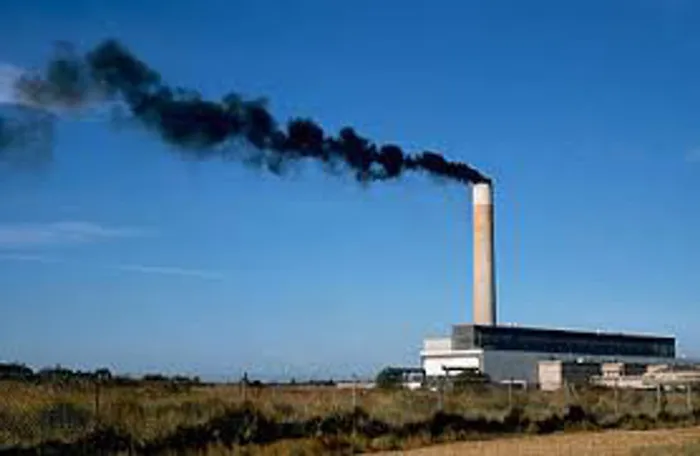
Environment Writer
AEROSOLS, tiny particles of pollutants suspended in the air, contribute to the premature deaths of 7 million people around the world every year.
Africa is a major source of aerosols, particularly from the burning of plant matter, but their composition and concentration is not well known.
Now, CSIR scientist Rebecca Garland is working on a project to characterise aerosols in southern Africa.
“Aerosols are much better characterised in the US, Europe and China. This is particularly significant since southern Africa has some of the highest global emissions from biomass burning, making Africa a major source of aerosols, despite the latter being poorly characterised,” Garland said.
A major local aerosol is black carbon – or soot – which has recently been recognised as playing a far greater role in global warming than previously thought, second only to carbon dioxide in the amount of heat it traps.
Others are sea salt, dust, organic carbon and sulphate.
Depending on their size, particles can penetrate different parts of the human respiratory system. Most large particles are stopped by the body’s filters, and are deposited in the nose, pharynx or larynx and thus do not penetrate the lungs. Smaller particles do get into the lungs and penetrate the lung tissue.
Studies have linked particle pollution to health problems such as aggravated asthma, decreased lung function and premature death in people with heart and lung problems.
Garland said that in South Africa, the highest concentrations of soot were in townships and informal settlements during winter, when households burnt coal for heating and cooking.
Apart from impacts on human health, aerosols affect global climate in two ways: the particles can scatter or absorb light.
Soot absorbs light and warms the Earth’s surface, whereas sulphates mostly scatter the light and cool the Earth’s surface.
Globally, the concentration of aerosols in the lower atmosphere, has increased steadily over decades, mainly from industrial activity and the burning of vegetation.